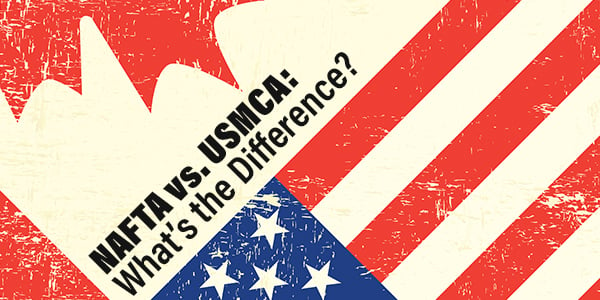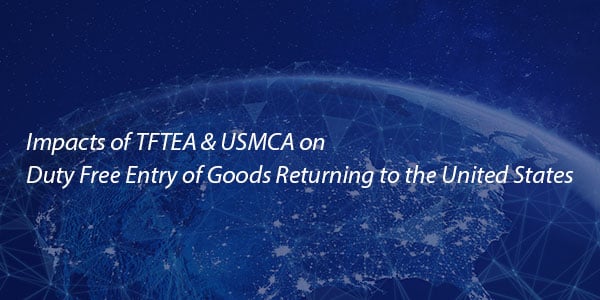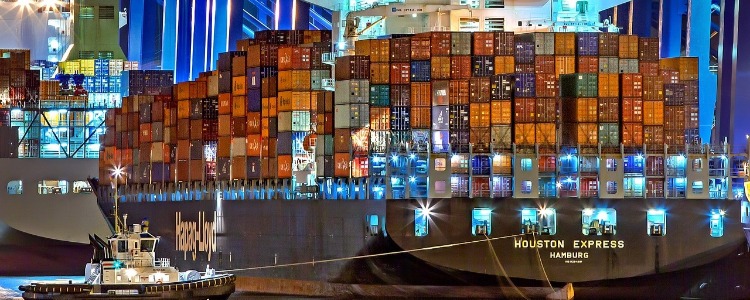Mike Lahar

Recent Posts
Topics: shipping compliance, Brokerage, USMCA
Impacts of TFTEA & USMCA on Duty Free Entry of Goods Returning to the U.S.
In the past, goods originating in the United States which were exported and then returned have been allowed to enter the U.S. without payment of duties under certain circumstances. Under the Trade Facilitation and Enforcement Act of 2015 (TFTEA) and the new US-Mexico-Canada Agreement (USMCA), there have been changes to the regulatory and documentary requirements to take advantage of these benefits. The burden of proof remains on the importer, and as such, the proof is in the proverbial pudding.
Topics: compliance, trade compliance, USMCA
An FDA ruling put in place in 2017 seeks to ensure that all countries meet minimum food safety requirements to prevent foodborne illness.
Topics: trade compliance, shipping compliance, FSVP Plan, food safety, FSVP
Trade Wars & Proclamations: What It Means to the Average Importer
Since the beginning of 2018, President Trump has issued three proclamations to address an imbalance in unfair trade practices. While mainly targeted at China, the second of the three actions has taken a protectionist stance on a global basis for the U.S. steel and aluminum industry. Heavy tariffs have been levied against many steel and aluminum products under Section 232 of the Trade Act of 1974 with more coming under, the now pending, Section 301 duties.
 Reporting requirements for the Food Safety Modernization Act (FSMA) Foreign Supplier Verification Program (FSVP) became mandatory on May 30, 2017. Although the initial struggle to comply with the new program has greatly diminished, there is still room for improvement. The Food and Drug Administration (FDA) completed only a few FSVP audits in the U.S. Federal Fiscal Year (FY) 2017, so importers should expect that FY 2018 will bring with it the promise for a larger number of reviews.
Reporting requirements for the Food Safety Modernization Act (FSMA) Foreign Supplier Verification Program (FSVP) became mandatory on May 30, 2017. Although the initial struggle to comply with the new program has greatly diminished, there is still room for improvement. The Food and Drug Administration (FDA) completed only a few FSVP audits in the U.S. Federal Fiscal Year (FY) 2017, so importers should expect that FY 2018 will bring with it the promise for a larger number of reviews.






-%20dark%20larger%20(1).png)








%20for%20Website.png)


